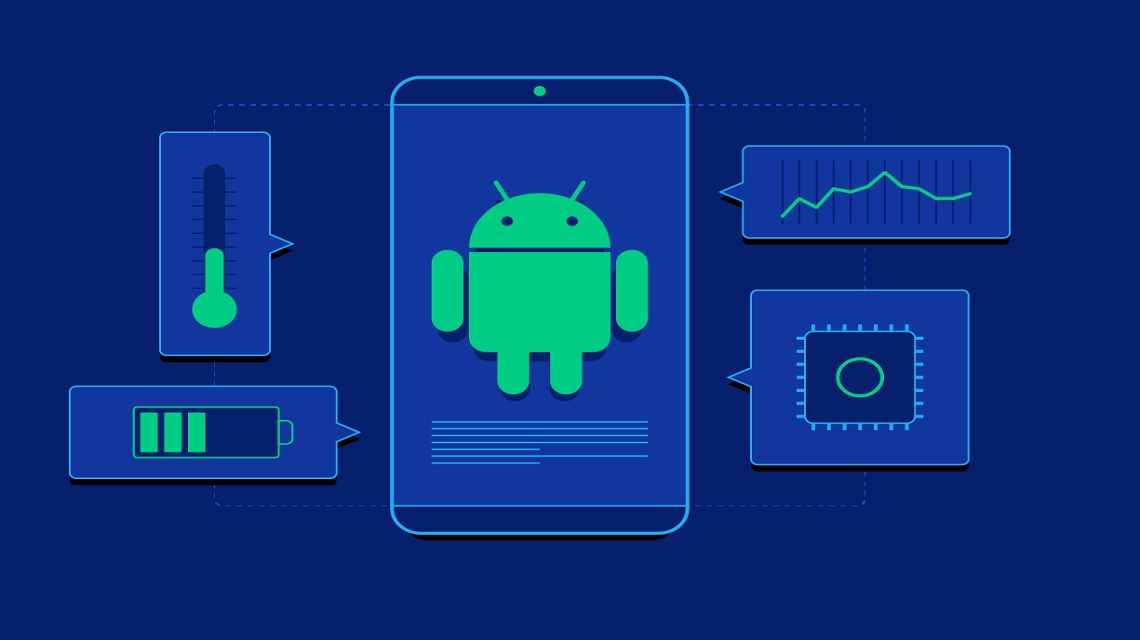It is customary for businesses to develop Apps for more than one platform so that they can reach a wider audience. The challenge comes when you have limited resources for building and maintaining the App. This is when native app development comes in handy. The name suggests native app creation is when you develop an app for a specific operating system, such as Android. That means the App will work on devices powered by the Android operating system. Native apps are typically developed using the native programming language for the said OS. A native language is also referred to as the host language for a particular system. In this case, the host language for the Android operating system is Kotlin and Java. Native Android apps must be built using either of these programming languages.
Table of Contents
- 1 Why You Should Develop an Android App Instead of iOS
- 1.1 Tips to Help You Improve Native Android App Development
- 1.1.1 1. Do in-depth Research About the Android Operating System
- 1.1.2 2. Know and Understand Your Target App Users
- 1.1.3 3. Follow the Platform Guidelines
- 1.1.4 4. Don’t Include Unnecessary Features
- 1.1.5 5. Use Kotlin Instead of Java for Creating the App
- 1.1.6 6. Pay Great Attention to Security
- 1.1.7 7. Use Push Notifications Wisely
- 1.1.8 8. Promote Your App to Reach More People
- 1.1.9 9. Encourage Users to Review Your App
Why You Should Develop an Android App Instead of iOS
Reach a Wider Audience
Android has the largest market share in the app industry, accounting for more than 70% of users. Since it is an open-source operating system, more mobile device manufacturers have access to it. Devices powered with Android OS are also cheaper than iOS; this makes it affordable to people from developing countries, mainly in Africa, Asia, South America, and parts of Europe. To reach more people worldwide, build an App that runs on Android.
It is More Affordable
High development and maintenance costs are the main hindrances for individuals and small businesses in developing and deploying apps. Hiring a professional software engineer or app agency is not cheap. Then you also have to spend considerable money to market the App. This is not a problem if you have unlimited resources. However, it is not feasible if you operate on a tight budget. Android apps are cheaper to develop compared to iOS. You can also easily access free tools and premade app templates.
More Customization Options
While developing an app, you want to ensure you include as many features and functionality options for your users. The idea is to provide users with the best experience possible. If users can do more things with the App, there will be higher levels of interaction, which may lead to increased sales. With more interaction, you’ll also be able to gather essential data, which come in handy when developing marketing strategies.
Tips to Help You Improve Native Android App Development
There are several reasons why native apps are better. They offer more customizations and security and are easy to scale. Below are some tips to help you create better native apps.
1. Do in-depth Research About the Android Operating System
New technologies are being introduced into the Android ecosystem every other day. Updates to development tools are released frequently. To build a high-performing native android app, you must be well conversant with professional app development practices. Familiarizing yourself with new technologies will help you build apps with enhanced functionality.
2. Know and Understand Your Target App Users
People interact differently with apps. Research to find out your target users, where they are from, and what they need. A clear understanding of your users will guide you on what features and functionalities to include. If you don’t take the time to learn who your ideal user is, you may create an app no one wants to use. If you have a clear idea of your target audience, you’ll customize the App’s interface to give users the best experience.
3. Follow the Platform Guidelines
If you want your App to be approved quickly, make sure you carefully follow Google play store guidelines. There are set standards all app developers must follow. The guidelines are not fixed; Google releases updates occasionally. The guidelines are there to ensure a form of uniformity among apps.
4. Don’t Include Unnecessary Features
Although customers want to be able to do a lot with the App, you shouldn’t add very many features. Only add what your users need, and don’t confuse them with the extra bells and whistles that may not be valuable to them. Fewer, essential features make for a better user experience.
5. Use Kotlin Instead of Java for Creating the App
You have two options when it comes to building native android apps. You can either use kotlin or Java. Kotlin is more modern and easy to use. On the other hand, Java requires you to write a lot of code. With Kotlin, you’ll be able to develop the App much faster. Kotlin is also more friendly to new programmers.
6. Pay Great Attention to Security
There are over 2.5 billion android users worldwide, and more than 60 billion android apps were downloaded in 2021. Hackers and other forms of cybercriminals also want to be a part of this action. Check your App for security vulnerabilities. If you don’t properly secure your user’s data, your reputation will be dented in case of a hack.
7. Use Push Notifications Wisely
Although push notifications can help welcome new app users, most users find it very irritating if it is used for unsolicited adverts.
8. Promote Your App to Reach More People
Although several billions of apps are downloaded each year from the app store, there is no guarantee that millions of people will download your App. There are millions of apps in the Google play store; competition is stiff, and you must promote your App to get some downloads. There are several ways to promote the App online; one of the best ways is using Facebook ads.
9. Encourage Users to Review Your App
Most users, including the ones who like your App, will not leave a review unless you remind them to do so. Use push notifications (with care) to remind users to review the App.
Conclusion
As more people use mobile devices to access information or shop online, businesses must develop apps to reach out to more people. However, not all apps are created equal; native apps are more secure and easy to customize. You can do things to enhance your App, such as following guidelines, knowing your target user, e.t.c.


